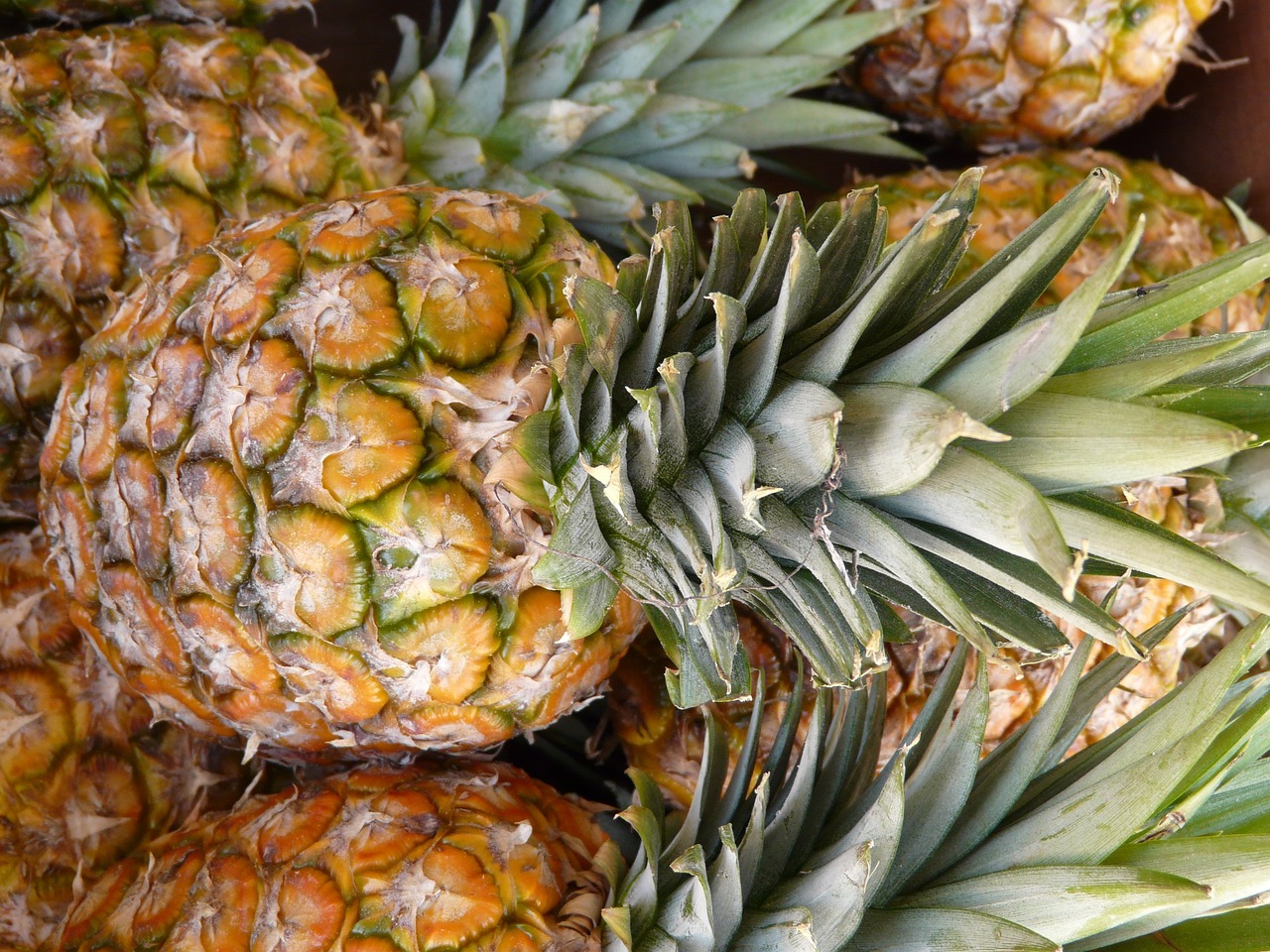How Agroecology is Enhancing Food Systems Resilience: Sky247.net login, 11 x play game, Playexch 99 login
sky247.net login, 11 x play game, playexch 99 login: Agroecology is a holistic approach to agriculture that focuses on creating sustainable food systems while promoting biodiversity and enhancing ecosystem services. By incorporating traditional knowledge, agroecology aims to optimize the use of natural resources and minimize the negative impact of agriculture on the environment.
One of the key benefits of agroecology is its ability to enhance food systems resilience. This means that agroecological practices can help food systems adapt to and recover from various challenges and disruptions, such as climate change, pests, and diseases. In this blog post, we will explore how agroecology is enhancing food systems resilience and why it is crucial for the future of agriculture.
Increased Biodiversity
Agroecological practices promote biodiversity by incorporating a variety of crops, trees, and animals in farming systems. This diversity not only helps to reduce the risk of crop failure but also provides a more stable and resilient food system. Different crops and species can complement each other, making the system more resilient to pests, diseases, and extreme weather events.
Improving Soil Health
Healthy soil is essential for a resilient food system, as it provides the foundation for plant growth and nutrient cycling. Agroecological practices such as crop rotation, intercropping, and the use of cover crops can help improve soil health by increasing organic matter, enhancing soil structure, and promoting beneficial soil microorganisms. Healthy soil is better able to withstand environmental stresses and provides plants with the necessary nutrients for optimal growth.
Water Conservation
Water is a precious resource that is becoming increasingly scarce in many parts of the world. Agroecology promotes water conservation by implementing practices such as rainwater harvesting, contour farming, and agroforestry. These practices help to reduce water runoff, improve water infiltration, and conserve soil moisture, making food systems more resilient to droughts and water scarcity.
Diversified Income Sources
Agroecology encourages farmers to diversify their income sources by producing a variety of crops, livestock, and value-added products. By diversifying their production, farmers are less vulnerable to market fluctuations and crop failures, as they have multiple sources of income to rely on. This diversity in income sources can help farmers weather economic challenges and ensure the long-term sustainability of their farming operations.
Community Resilience
Agroecology also promotes community resilience by fostering collaboration, knowledge sharing, and social cohesion among farmers. By working together and sharing resources, farmers can better respond to challenges and support each other during difficult times. Community-based agroecological practices can help build local food systems that are more resilient to external shocks and disruptions.
Policy Support
Despite the many benefits of agroecology, it is often not given the policy support and recognition it deserves. Governments and international organizations can play a crucial role in promoting agroecological practices and providing incentives for farmers to adopt sustainable farming methods. By incorporating agroecology into agricultural policies and programs, policymakers can help build more resilient food systems that benefit both farmers and the environment.
In conclusion, agroecology is a powerful tool for enhancing food systems resilience and ensuring the long-term sustainability of agriculture. By promoting biodiversity, improving soil health, conserving water, diversifying income sources, building community resilience, and providing policy support, agroecology can help food systems adapt to and thrive in the face of various challenges and disruptions. As we look towards a more sustainable and resilient future, agroecology can play a key role in shaping the way we produce, distribute, and consume food.
—
FAQs
1. What is agroecology?
Agroecology is a holistic approach to agriculture that focuses on creating sustainable food systems while promoting biodiversity and enhancing ecosystem services.
2. How does agroecology enhance food systems resilience?
Agroecology enhances food systems resilience by promoting biodiversity, improving soil health, conserving water, diversifying income sources, building community resilience, and providing policy support.
3. What are some examples of agroecological practices?
Examples of agroecological practices include crop rotation, intercropping, agroforestry, rainwater harvesting, contour farming, and the use of cover crops.
4. Why is agroecology important for the future of agriculture?
Agroecology is important for the future of agriculture because it can help food systems adapt to and recover from various challenges and disruptions, such as climate change, pests, and diseases. By promoting sustainability and resilience, agroecology can help ensure the long-term viability of agriculture.







